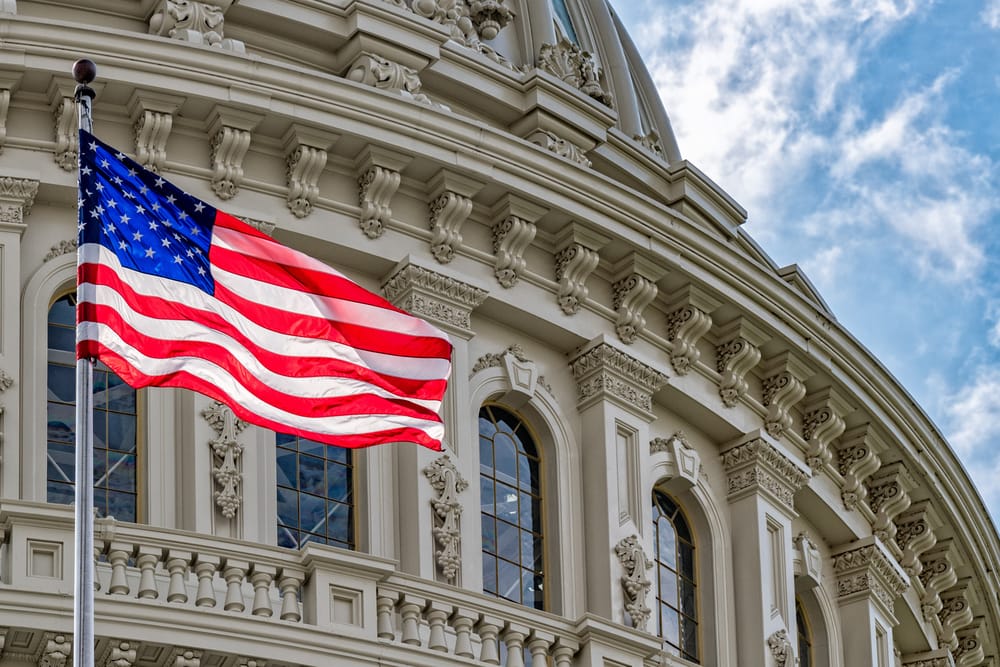In support of Washington Senate Bill 5259
I’m the Western region director for the R Street Institute, which is a nonprofit public policy research organization that promotes freer markets and limited, effective government in many areas including criminal-justice policy. I’m writing to support Washington Senate Bill 5259, which would greatly expand law-enforcement accountability and oversight.
This legislation would create an advisory group to design a program for collecting and publishing data whenever Washington police officers use force. It would also require all state law-enforcement agencies to report all such instances to the new database. Requested by the state attorney general’s office, the bill strikes us as a simple, cost-effective and non-controversial starting point as the state considers a broad range of police-accountability reforms.
The best starting place for any type reform is data collection. As the bill itself aptly states: “Data collection is one essential tool to allow the public, law enforcement, and policymakers to analyze the effectiveness of existing police practices, determine which policies and training work and do not work, and avoid unintended consequences by supporting policy decisions with clear and relevant data.”
In providing a publicly accessible database, the bill would make it easier to promote accountability and provide increased public trust in the oversight process. R Street agrees with the bill’s authors, who argue that such openness will “build stronger police-community relations, improve trust and confidence in policing services” and improve their quality.
The advisory group is designed to be balanced and fair-minded, in that it would include three members from non-governmental or advocacy groups, three members from law-enforcement agencies and one member with data-collection expertise.
As a journalist, I have reported on many police abuse and use-of-force cases. One of the glaring sources of frustration among the public is the sense that agencies bury pertinent information under a cloak of secrecy. Although this database removes personally identifiable information, it will provide metrics that academics and the media can use to identify patterns that could provide impetus to meaningful reform.
As is always the case in a free society, our government performs most capably where there’s sunshine. This more data the better. Currently, fewer than half of law enforcement agencies nationwide voluntarily submit such data to the FBI Uniform Crime Reporting Program. This legislation helps the public remain informed so they can devise policing policies that serve them the best.
We urge the passage of SB 5259.
Sincerely,
Steven Greenhut
Western Region Director
R Street Institute
Sacramento, Calif.
(909) 260-9836



